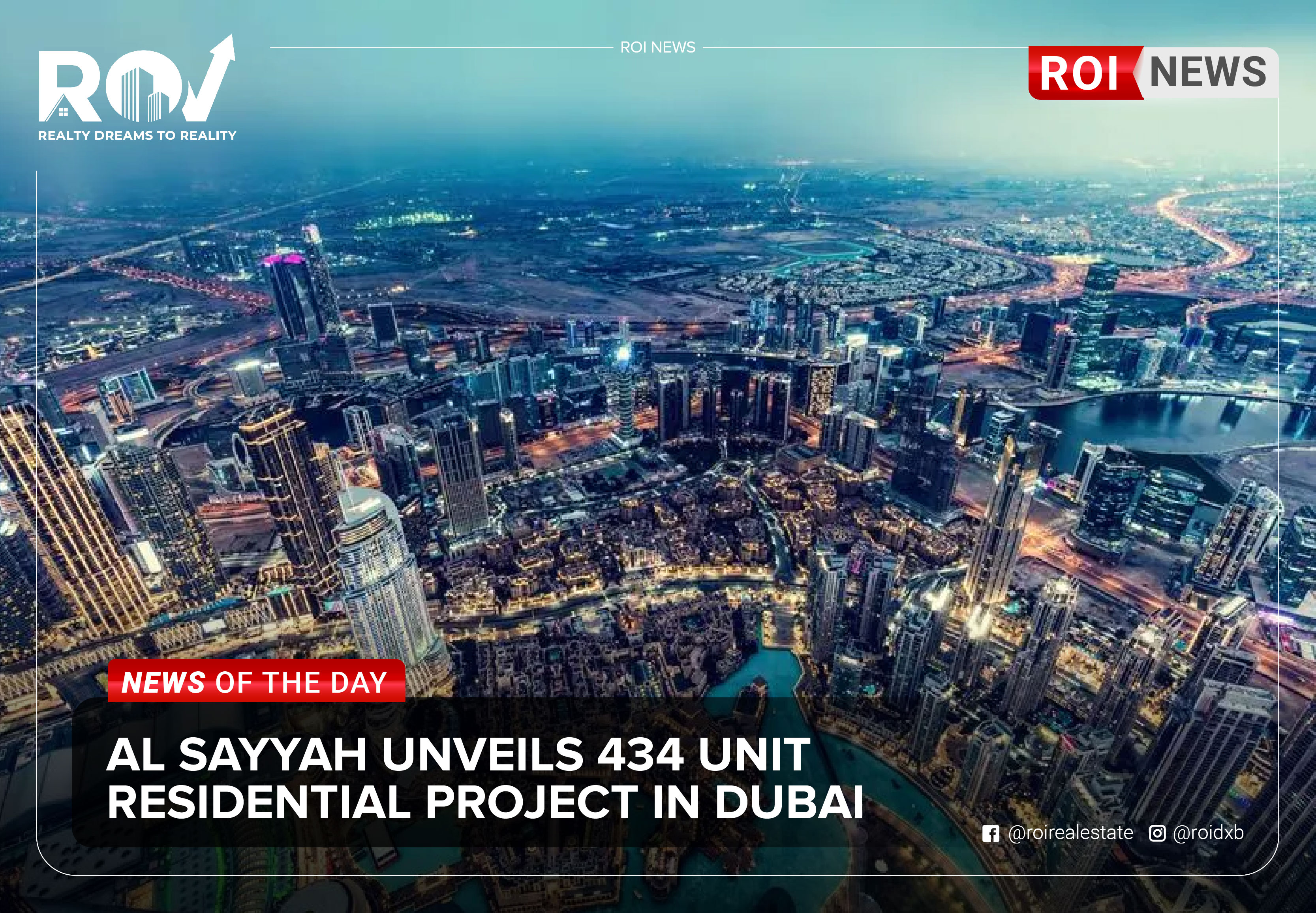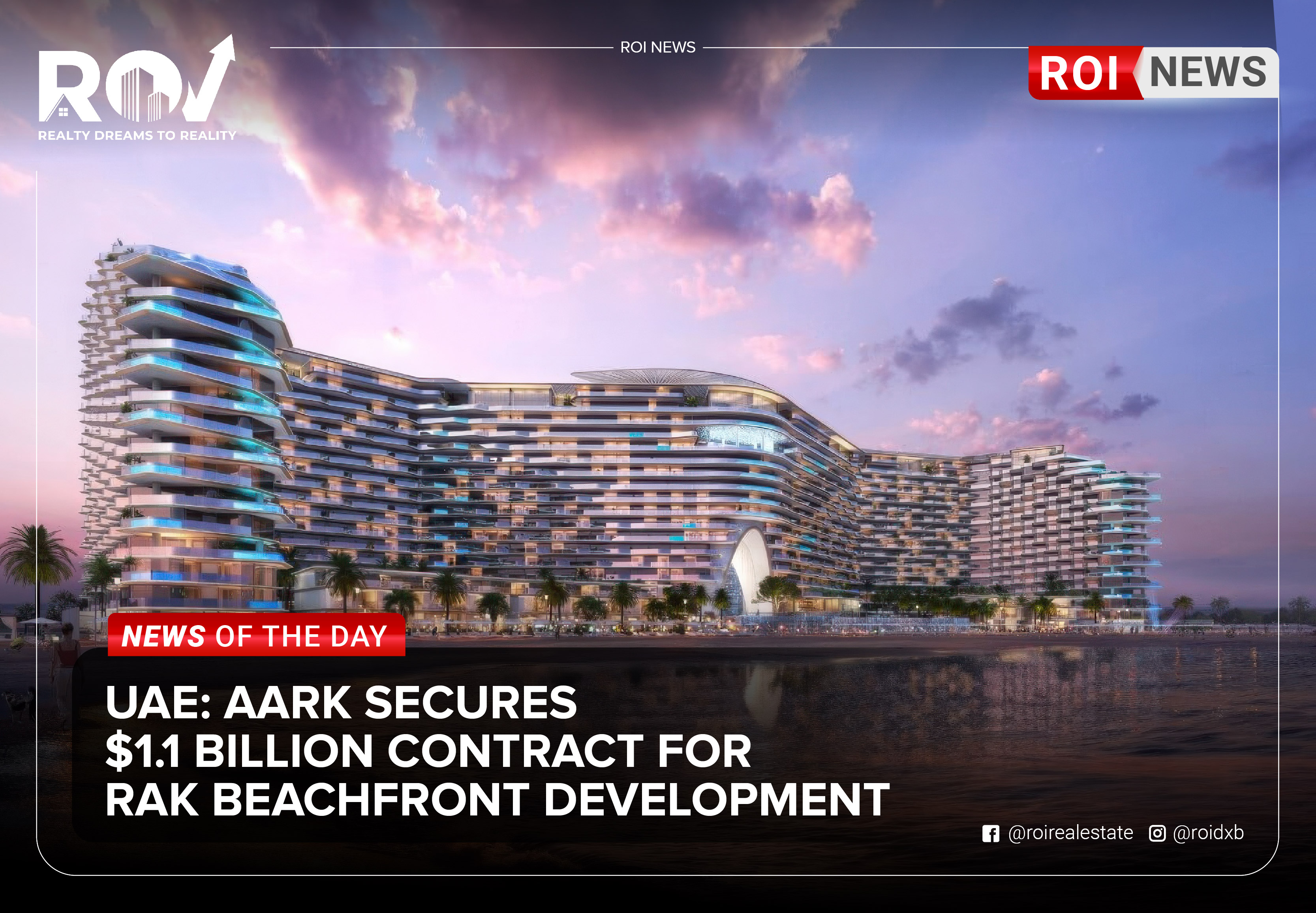
Dubai Real Estate Market Slows in September with 41.5% Drop in Off-Plan Sales
In September 2023, the residential real estate market in Dubai underwent a total of 7,523 property transactions, as reported in a comprehensive analysis conducted by CBRE, a leading authority in the real estate sector. This figure reveals a notable decrease of 8.3 percent when compared to the corresponding period in the previous year, indicating a shift in the dynamics of the Dubai housing market.
The declining trend in transaction volumes within the Dubai real estate sector suggests several noteworthy factors at play. This dip could be attributed to a variety of economic and market-related influences, including shifts in buyer preferences, changes in regulations, or even broader economic fluctuations. While the specific factors behind this decrease may require more detailed exploration, it is evident that the market is experiencing some transformations.
One possible explanation for this decline could be a shift in the preferences and expectations of property buyers in Dubai. As the market evolves, it is likely that consumers are becoming more discerning, seeking specific amenities, designs, or locations that align with their evolving lifestyles. Property developers and sellers may need to adapt to these changing demands to remain competitive and maintain market growth.
Regulatory changes and government policies also have the potential to impact transaction volumes in the real estate market. For example, alterations in property taxation, visa regulations, or financing options can influence the buying and selling behavior of investors, residents, and foreign buyers.
Furthermore, economic factors play a pivotal role in the ebb and flow of real estate markets. Local and global economic conditions, including inflation rates, interest rates, and employment levels, can influence consumer confidence and purchasing power, affecting real estate transactions.
It's worth noting that a decline in transactions does not necessarily equate to a declining market value. It could indicate that buyers and sellers are taking a more cautious and discerning approach in their real estate endeavors. This could lead to a healthier and more sustainable market in the long term, avoiding the pitfalls of excessive speculation or rapid price fluctuations.
In conclusion, the decrease of 8.3 percent in residential property transactions in Dubai during September 2023, as reported by CBRE, underscores the evolving dynamics of the market. To better understand this trend, one must consider various factors, including shifting buyer preferences, regulatory changes, and broader economic conditions, which collectively contribute to the ongoing transformation of the Dubai real estate landscape. While this decline may signify change and challenges, it also presents opportunities for the market to adapt, innovate, and ultimately thrive in the face of evolving consumer demands and economic conditions.








Comments (0)